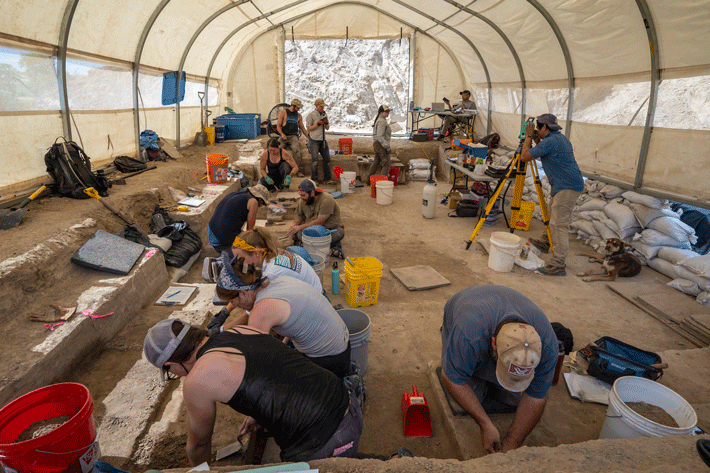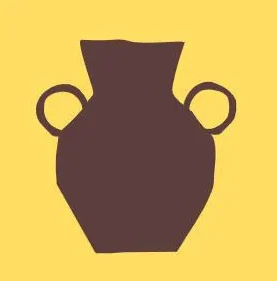As a high schooler interested in archaeology, I often found it difficult to find ways to get involved. Archaeology is a field that fewer high school students pursue compared to other STEM areas, which can make opportunities seem scarce. Don’t let that discourage you! More often than not, all it takes is reaching out. Many professionals in archaeology are excited to support youth because it’s such a niche field. This also applies if you’re curious about history, museum curation, or anthropology.
Below are some tips for you to begin your journey into archaeology, based on my experience in the field:
1. Contact Professors:
One of the best ways to learn about archaeology is by speaking directly with professionals who’ve spent years teaching or working in the field. Most university websites list faculty in their archaeology or anthropology departments.
-
Who to reach out to: Consider emailing professors at smaller or less well‑known colleges rather than highly prestigious ones (like Harvard or Stanford), as they’re less likely to be overwhelmed with requests.
-
How to reach out: Read about their work beforehand so you can reference their research in your email and ask thoughtful questions. Introduce yourself, explain your interest in archaeology, and ask if they would be open to a short conversation about their experiences.
-
Pro tip: Start with local colleges, meeting in person can be incredibly valuable. If that’s not possible, set up a virtual meeting instead. You can even visit archaeology or anthropology departments during office hours to ask about opportunities.
(For inspiration, check out my interviews with Dr. Gonlin and Professor Fitzhugh for sample questions.)
Professors can often connect you with further opportunities such as lab work, research assistance, or volunteering.
2. Volunteer at Institutions Nearby:
Getting hands-on experience working in archaeology and exploring its various aspects can also teach you a lot about the field. In my experience, the easiest archaeology-related institutions to find volunteer positions locally are museums (more education or lab work-focused) or Cultural Resource Management (CRM) firms (more fieldwork-focused). Even if a museum or CRM firm doesn’t list volunteer positions on their website, don’t hesitate to email or ask in person. Many are happy to help motivated students get involved.
3. Consider Field School:
Field schools offer some of the best real‑world experience in archaeology. You’ll work alongside college students, professors, and professionals on an actual excavation. You will actively dig for artifacts, record artifact data, (maybe camp out in the wilderness), an amazing experience in itself. Visit my blog post for more details about my experience in field school here if you would like to learn more. Field schools are usually hosted by universities and colleges tailored towards college students studying archaeology/anthropology, so you will likely have to contact staff or professors involved and inquire about opportunities for high school students. Some field schools are also located abroad, a great opportunity if you are interested in travel or studying a particular region of the world. You can find field school opportunities on the Archaeological Institute of America website here.

Excavation at the La Prele site in Wyoming, where I had the opportunity to excavate as part of the University of Wyoming Field School.
4. Join Archaeology Associations:
Professional organizations often welcome student members and provide great resources. Benefits include archaeology magazines, conferences, grants, and many more great opportunities. Some associations even offer mentorship programs, (while usually meant for undergraduate students in college, also work for high schoolers), which are great opportunities to connect with professors and professionals and discuss your progress or have someone more experienced give you advice. A few of the largest in the US include the Archaeological Institute of America and the Society for American Archaeology. These associations also usually have local chapters that may be able to give you more targeted assistance and opportunities. Many regions or states also have local associations, for example, my state of Washington has the Association for Washington Archaeology. These groups offer chances to connect with archaeologists near you and stay up to date on events and opportunities.
5. Read Research:
Archaeology isn’t just digging, but also about analyzing and interpreting. Reading research papers will help you understand how archaeologists build arguments and interpret data. Start with topics that genuinely interest you, using easily accessible databases like Google Scholar to search for scholarly articles. If you’d like, try drafting your own mini‑research project for practice, which is also helpful to prepare for future studies in college.
If you have any more questions, I would be happy to answer them. Just reach out to me under the contact me page!
